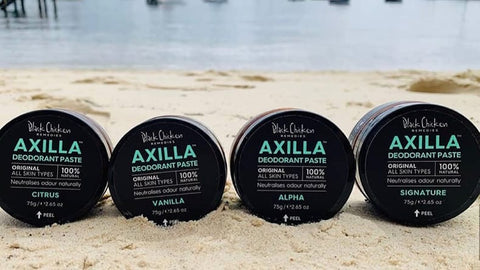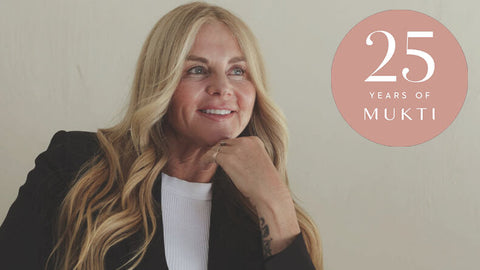What is Fairtrade?
The definition of Fairtrade is the protection of fair prices, living wages and community benefits for farmers, workers and their families in developing countries. Fairtrade works in partnership with farmers to empower them, and produce raw ingredients with fairer prices, better terms of trading, and additional funds for business and community development. Fairtrade works to benefit education, health care and environmental sustainability while benefiting workers with improved, humane working conditions.
What Are the Fairtrade Certifications?
There are several fairtrade certifications, each one indicating that the product meets an international fairtrade standard. These include social, economic and environmental criteria, which are set by the certification body Fairtrade International. These standards are agreed through a process of research and consultation with key participants in the Fairtrade scheme, including producers themselves. Traders, NGOs, academic institutions and labelling initiatives such as Fairtrade Australia & New Zealand are also involved. Not every Fairtrade product will carry the logo on its packaging, however. While many products are produced using fairly traded ingredients, a supplier can choose not to pay to carry the logo. When in doubt, you can contact the manufacturer for confirmation.

What are the primary Fairtrade industries?
Cocoa, tea, coffee, sugar, and cotton are well known and established Fairtrade industries. In the beauty industry, shea butter, coconut oil, Brazil nut oil, and argan oil are some of the ingredients we use sourced by Fairtrade producers.
One of the industry leaders involved in Fairtrade is Dr Bronner's, who have committed to sourcing their primary raw materials from certified Fairtrade and organic projects worldwide since 2006. Dr Bronner's have created or have partnered with various Fairtrade organic projects all over the world, including in Sri Lanka for coconut oil, in Palestine and Israel for olive oil, in India for mint oil, in Kenya for avocado, tea tree and coconut oils, in Ecuador for sugar cane alcohol, and in Zambia for beeswax.
To read more about Dr Bronner's range, I have blogged about them here: All About Dr Bronner's and here: What makes Dr Bronner's Magic Soaps magic.

Why is Fairtrade Important?
Sustainability goes hand in hand with Fairtrade initiatives. For producers and communities to have economic longevity, their communities must be sustainable. Weleda has been a pioneer in sustainable harvesting by using biodynamic farming methods. Biodynamic farming methods aim for long term sustainability and improve soil fertility. Of course, there are no harmful chemicals applied to crops, only natural sprays to ensure abundance.
Approximately 50% of Weleda's Fairtrade partners use biodynamic methods and are in the process of reaching their target of 100%. Weleda Fairtrade ingredients include argan oil, arnica, almond, birch leaves, lavender, ratanhia, rose and sea buckthorn.
To read more about the Weleda range, I have blogged about them here: 90 Years of Weleda Skin Food and here: Finding the right Weleda skincare for you.
Shop Wisely, Shop Fairtrade
As a savvy shopper, you know as well as I do that it's challenging to navigate ethically sourced ingredients and products. We've done time-intensive research for you. When you choose to shop with Nourished Life and our carefully selected brands, you'll have peace of mind knowing your health and lifestyle products are sourced ethically.
(Image source: tamouse.org. Resources: Fairtrade Australia New Zealand, Dr Bronner's, Weleda.)



